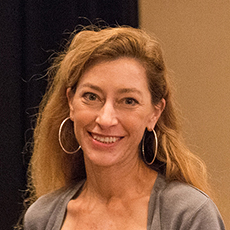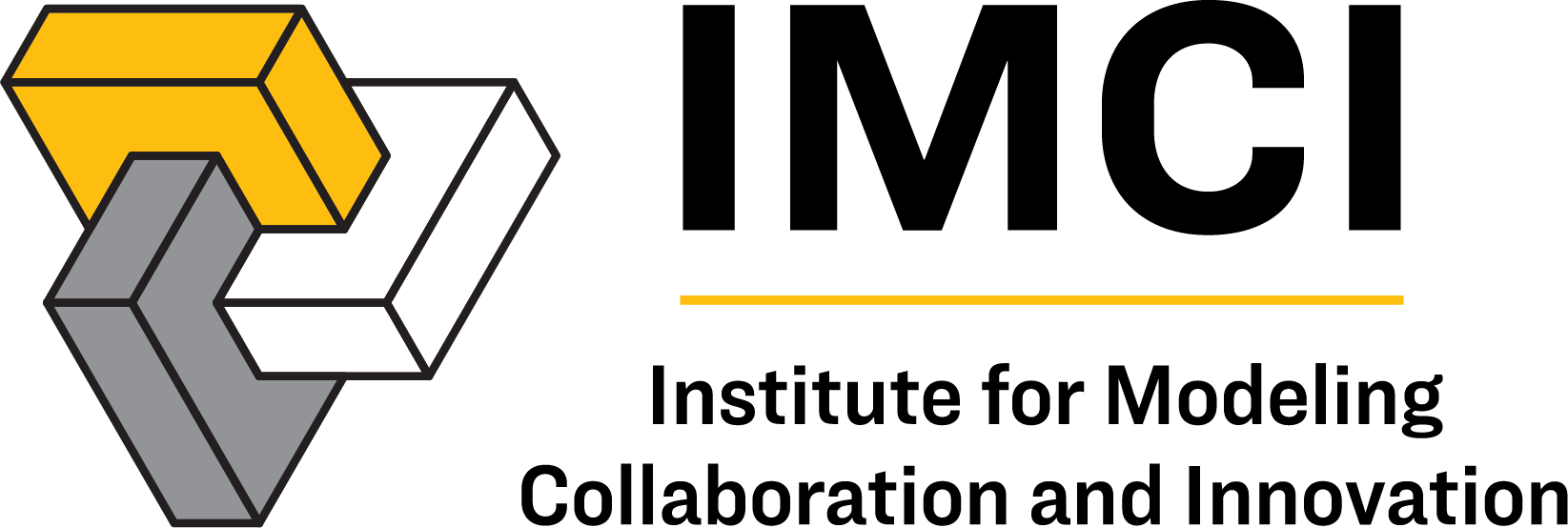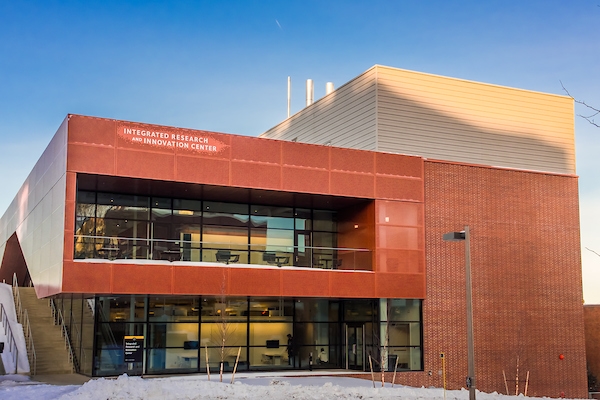IMCI Seminar Series – Spring 2023

Tuesday | February 14th | 12:30 p.m.
Aurora Room (ISUB) or join us on Zoom
https://uidaho.zoom.us/j/87540562860 Passcode 028591
Jennifer Maynard
ZD Bonner Professor of Chemical Engineering
University of Texas at Austin
Join us at 12:00 p.m. for coffee and treats before the presentation.
“Outsmarting pathogens with protein engineering: Lessons from pertussis, cytomegalovirus and coronavirus”
There is growing interest in development of antibodies to provide instant immunity that protects susceptible individuals against infectious diseases, especially pathogens for which no vaccine is yet available. However, many of these pathogens, especially those that manifest as highly transmissible or latent infections, express complex arrays of virulence factors and are adept at avoiding the immune system. Some organisms have developed strategies to selectively destroy anti-pathogen antibodies, while others create decoys that trick the host immune system into generating antibodies that are at best non-protective and, at worst, enhance pathogenesis. Design of pathogen-resistant antibodies can present novel therapies and in turn guide development of protective vaccines for these challenging pathogens. This talk will provide an overview of our progress engineering antibodies and antigens resistant to specific immune defense mechanisms used by pathogens including B. pertussis, human cytomegalovirus, and SARS-CoV-2.

Tuesday | March 7th | 12:30 p.m.
Aurora Room (ISUB) or join us on Zoom
https://uidaho.zoom.us/j/87540562860 Passcode 028591
Cailin O’Connor
Professor – Logic and Philosophy of Science
Director – Philosophy, Political Science, and Economics MA Program
University of California, Irvine
Join us at 12:00 p.m. for coffee and treats before the presentation.
“Interdisciplinarity Can Aid the Spread of Better Methods”
Why do bad methods persist in some academic disciplines, even when they have been clearly rejected in others? What factors allow good methodological advances to spread across disciplines? In this work, we investigate some key features determining the success and failure of methodological spread between the sciences. We introduce a model that considers factors like methodological competence and reviewer bias towards one’s own methods. We show how self-preferential biases can protect poor methodology within scientific communities, and lack of reviewer competence can contribute to failures to adopt better methods. We further argue, however, that input from outside disciplines, especially in the form of peer review and other credit assignment mechanisms, can help break down barriers to methodological improvement.





